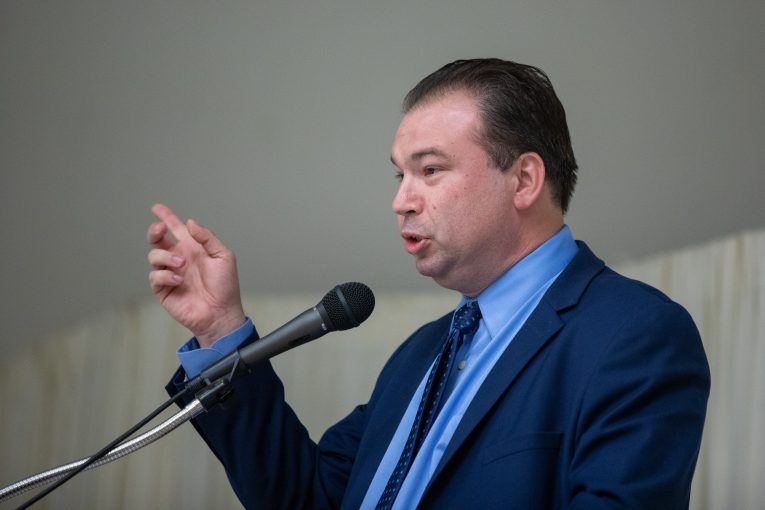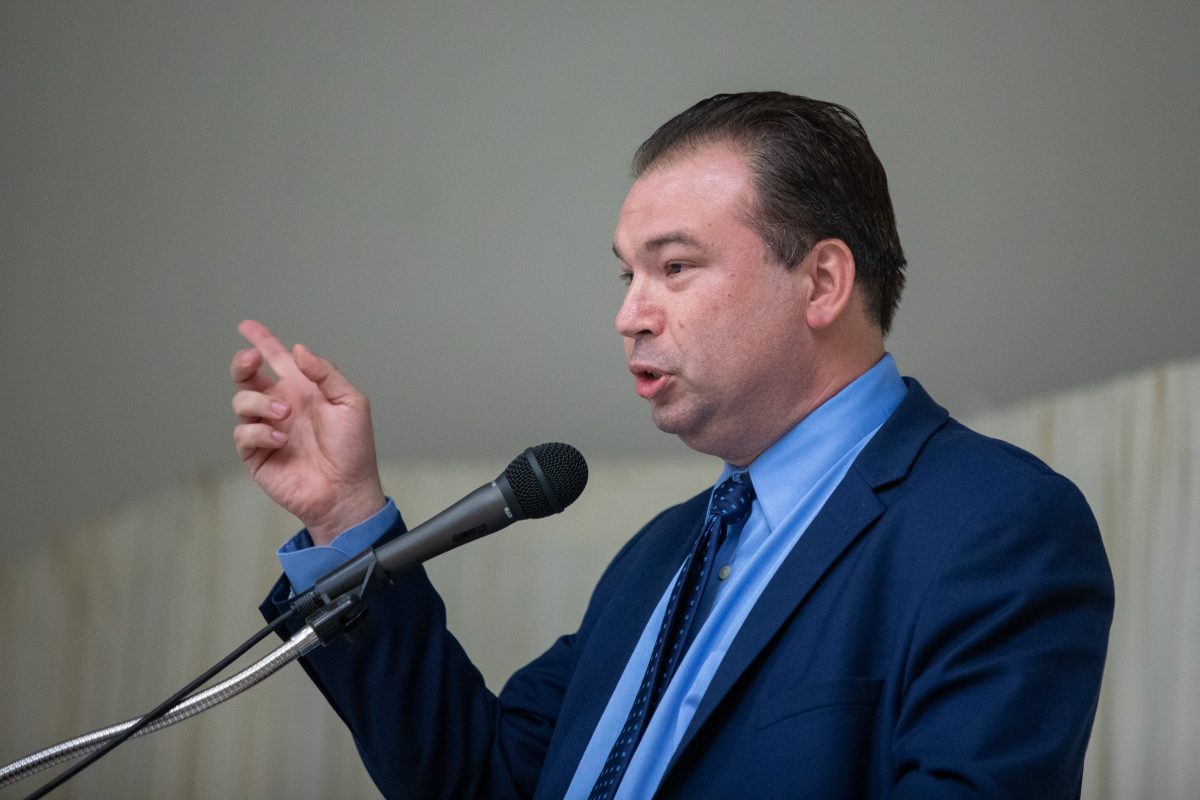

By Jeffrey Deskovic
“Looking back” will feature reprints of articles that Jeff previously wrote while a columnist at The Westchester Guardian, which encompass topics that are applicable here in CA as well as across the country and not simply applicable to NY.
I met Fernando Bermudez while we were both wrongfully incarcerated. As Guardian readers know, Bermudez was exonerated after serving eighteen years for a wrongful murder conviction secured by perjured testimony from the prosecution’s star witness. He has been free for four months.
Bermudez recently spoke to students at Ardsley High School, participated in a panel discussion on wrongful convictions sponsored by the state Puerto Rican and Black Legislative Caucus, is working on a book, and hopes to attend Mercy College to complete a Bachelor’s degree he began at Hudson Link while in Sing Sing.
But financial obstacles thwarted his plans. He has no car or driver’s license and cannot commute from his home in Danbury. Nor could he afford housing in Westchester. After eighteen years inside, Bermudez is having a hard time adjusting to life on the outside. He got married in prison and fathered two kids during conjugal visits. Now freed, suddenly, his family has another mouth to feed, and a man unused to the demands of young children, or able to navigate ordinary activities of daily living unknown to men in prison. Simple things, like modern technology, frustrate him. As previously reported in this column, he recently got lost, and was overwhelmed with frustration, panic, and disorientation. Sadly, this is not unusual for victims of long-term wrongful incarceration.
In addition, Bermudez and his family also must contend with the conflicting need to bear witness to his experience, and yet, maintain some modicum of privacy. Media want to know everything: his tenuous financial condition, relationship with his family, and plans for the future. At the moment, his dominant day-to-day feeling is simply disorientation.
Kian Khattibi was misidentified as the perpetrator of a vicious assault in Westchester and served nine years. In fact, his brother committed the crime. His story was previously featured in The Guardian. He has been free for a year and a half.
In that time, he completed an Associate’s degree at Westchester Community College, and is currently matriculated at New York University on a substantial, partial scholarship. He is majoring in Media, Culture, and Communication. The balance of his tuition is covered by student loans he can ill afford.
Khattibi knows that ex-cons who lack higher education and/ or work experience have dim prospects of finding employment. He wonders how he will be able to make ends meet to pursue a Masters degree.
The gap in his life repeatedly causes awkward moments with strangers. He shared with The Guardian how people unaware of his story wonder why, as a man in his early thirties, he is only now beginning higher education. He said: “It seems counterproductive or inappropriate to respond to people’s surprise or inquiry by stating ‘hi, nice to meet you, I was in prison during my whole twenties.’” Such encounters repeatedly provoke deep feelings of frustration and anger at having been wrongfully convicted. But for this injustice, and the vital years lost, his career would be well established by now.
Khattibi did well in prison education courses, and counts his blessings, but wonders “what kind of position other exonerees are in who are not so lucky to have a good GPA or schools helping them out?”
Bermudez and Khattibi illustrate the urgent need for remedial legislation to help the wrongfully convicted. All are in need of financial assistance, scholarship funds, housing, mental health services, assistance with technology and worker retraining. Providing such funds is both a moral imperative and a practical necessity.
Jeffrey Deskovic, Esq, MA, is an internationally recognized wrongful conviction expert and founder of The Jeffrey Deskovic Foundation for Justice, which has freed 9 wrongfully convicted people and helped pass 3 laws aimed at preventing wrongful conviction. Jeff is an advisory board member of It Could Happen To You, which has chapters in CA, NY, and PA. He serves on the Global Advisory Council for Restorative Justice International, and is a sometimes co-host and co-producer of the show, “360 Degrees of Success.” Jeff was exonerated after 16 years in prison-from age 17-32- before DNA exonerated him and identified the actual perpetrator. A short documentary about his life is entitled “Conviction“, and episode 1 of his story in Virtual Reality is called, “Once Upon A Time In Peekskill“. Jeff has a Masters Degree from the John Jay College of Criminal Justice, with his thesis written on wrongful conviction causes and reforms needed to address them, and a law degree from the Elisabeth Haub School of Law at Pace University. Jeff is now a practicing attorney.
